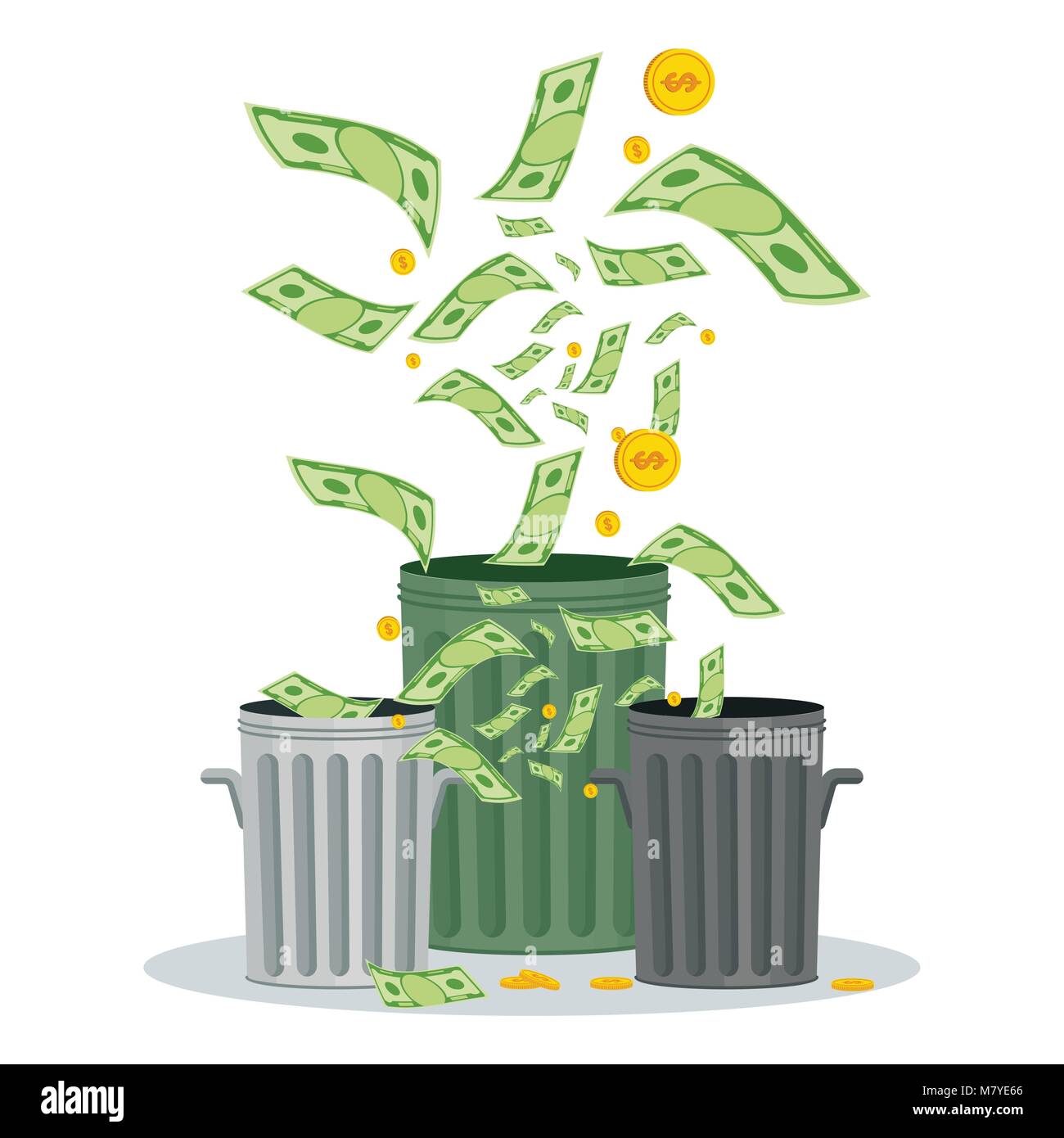Short story #2
Nostril
Here is a video of how to pronounce Nostril
- Nostril is a noun
- Either of two external openings of the nasal cavity in vertebrates that admit air to the lungs and smells to the olfactory nerves.
- Matthew's nostrils were running with mucus.
- The NG tube is placed through the other nostril.
- A sweet smell reached her nostrils.
- Fire was coming out of his nostrils.
Afterwards
- Afterwards is an adverb.
"He heard his footsteps clacking along the
concrete pavement and afterwards crunching on the cinder path before the new
red houses."
Example sentences using the word Afterwards:
- Soon afterwards he entered political life.
- Afterwards I felt a great sense of relief.
- We had a chuckle about it afterwards.
- They were very happy ever afterwards.
- Consent can be a noun or an intransitive verb.
- My father consented to my going abroad.
- They consented to our marriage at last.
- I consented to help the old lady.
- Her mother consented to my plan against his will.
Found out
- Found is a verb
- I found out soon enough it was none of the above.
- When I found out about what happened I started to cry.
- I think we found out some things this year about that.
- Karla found out that her boyfriend cheated on her.
Advertisement
- Advertisement is a noun.
An advertisement is an announcement online, or in
a newspaper, on television, or on a poster about something such as a product,
event, or job.
"Say she was a fool, perhaps; and her place would be filled up by advertisement."
Example sentences using the word Advertisement:
- This advertisement will capture the attention of TV audiences.
- He scanned the advertisement pages of the newspapers.
- She was attracted by the novel advertisement.
- I wish to insert an advertisement in your newspaper.
Threaten
- Threaten is a transitive verb
- Tom threatened me. He said if I didn't give him the money, he would cut off my finger.
- Climate change threatens the continuity of the species.
- Dark clouds threaten a storm.
- If you threaten me or use force, I will report you to the police.
Sake
- Sake is a noun
1. The benefit of someone or
something, used in phrases with for to say that something is done to help a
particular person or thing.
- Juan did it for the sake of his country.
- I stopped smoking for the sake of my health.
- There was a video for goodness sake!
- They are going to school for heavens sake.
Squabble
- Squabble can be a noun or a intransitive verb
- There were financial troubles and marital squabbles.
- It sounded a bit like a little boys’ squabble.
- Kids will squabble over the most ridiculous things.
- She decided not to squabble with him.
Wages
- Wage is a transitive verb.
The first definition of
wages in the dictionary is payment in return for work or services, esp that
made to workmen on a daily, hourly, weekly, or piece-work basis.
"She always gave her entire wages"
- There are extra benefits for people on low wages.
- His wages are three hundred dollars a week.
- My wages have increased this year.
- When wages are high, prices are high.
Squander
- Squander is a verb.
- We must not squander those precious sacrifices.
- Alejandro didn’t squander his money on flashy cars or other vices.
- Don’t squander your affection on him he’ll never love you.
- Sofia squanders all her money buying makeup.












Comentarios
Publicar un comentario